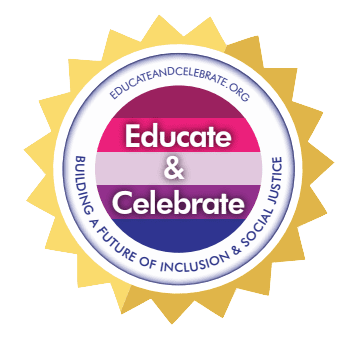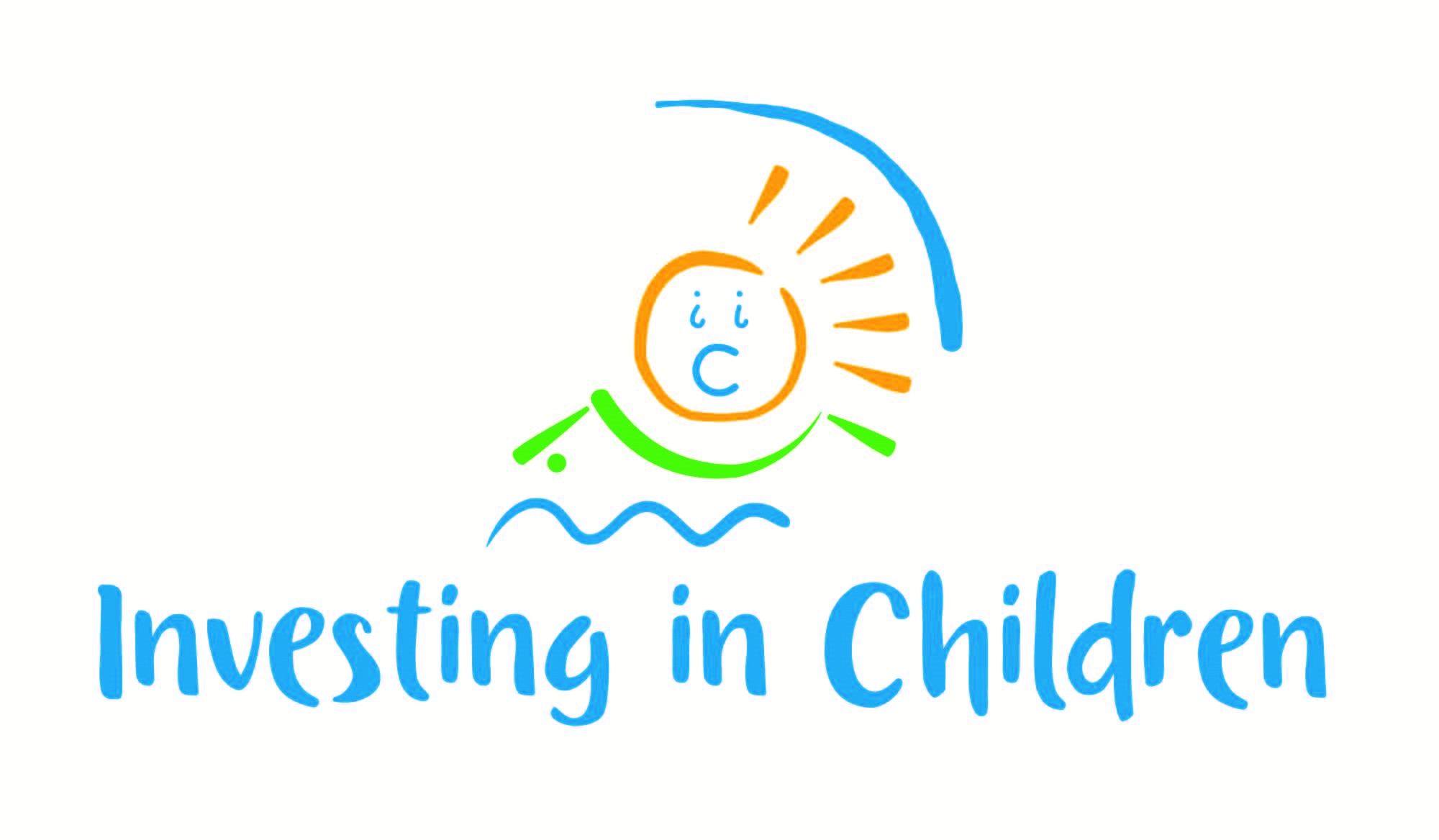At Esh Winning Primary School we believe that all children deserve an education rich in wonder and memorable experiences that allows children’s natural creativity and curiosity to flourish, alongside the purposeful acquisition of skills and knowledge. We believe that an education that does all of this gives children the best chance to become well-rounded, happy individuals, ready to succeed in an ever-changing world. We have 5 clear aims in EYFS as we want our children to be: The curriculum in Early Years is designed to provide a broad and balanced education that meets the needs of all pupils. It facilitates them to gain the skills, knowledge and understanding, as they start out on their educational journey, supporting them to progress from their individual starting points and preparing them for the next stage of their education. Our ethos in Early Years is to support children’s personal, social and emotional development so that they feel safe and secure and are ready to learn. Through the seven areas of learning we provide topics that excite and engage children, building on own interests and developing their experiences of the world around them. We recognise that all children come into our setting with varied experiences and all staff work hard to ensure that the learning opportunities provided widen their knowledge and understanding of the world, setting ambitious expectations for all children. The curriculum celebrates diversity and supports the pupils’ spiritual, moral, social and cultural development. Those children with particular needs, including SEND, are supported appropriately allowing them to be successful. At Esh Winning Primary School, we offer a curriculum which is broad and balanced and which builds on the knowledge, understanding and skills of all children, whatever their starting points. We follow the Early Years curriculum using topic themes and enrichment opportunities. The aim of our curriculum is to develop a ‘thirst and love for learning’ and ‘Awe and Wonder’ memories by: We recognise the changing needs and interests of our pupils and we are responsive to this, regularly developing existing topics In Reception we continue to learn predominantly through play, allowing lots of time in the school day for the children to be in continuous provision. This allows children to build upon their own experiences, developing their own child-initiated activities and those important social skills which will serve them well throughout their school lives and beyond. We believe that learning through the natural world is becoming increasingly important and our children experience nature regularly; whether that be visiting the school garden to plant, harvest or weed, or going to Forest School sessions in the school woodland. Our reading is taught in differentiated groups through the ‘Read Write Inc’ phonics scheme, which supports our children to learn to read quickly and with confidence. Sounds are introduced in a systematic manner and progress is monitored with children moving on to read books from the scheme. Sessions are delivered in an engaging way and activities are revisited to embed learning over the year, supported in a range of ways including Hold a Sentence, Fred Talk and rhymes associated with each sound. We read a wide range of familiar and unfamiliar books that link to the interests of the children and to our topics. Our writing is taught through this phonics programme, showing children the link between letters and sounds every day. We encourage our children to write and mark make their own thoughts and ideas in all areas of learning which allows the children to develop without fear of failure. Using White Rose Maths our approach introduces children to maths concepts through real objects, then pictorial (pictures on paper), then to the abstract (such as calculations on a page). High quality learning environments and meaningful interactions with adults, support children in developing mathematical thinking and discussion. Pupils learn through games and tasks using concrete manipulatives and pictorial structures and representations which are then rehearsed, applied and recorded within their own child-led exploration. Children in Reception have daily maths sessions to develop fluency, revisit key concepts and address misconceptions. Pupils have opportunities to share their learning with their parents and carers through Seesaw. Every term parents and carers have the opportunity to attend a Parents Evening, this allows parents to see the children’s progress and set targets for their child to work on at home. All of our learning is taught using scaffolding and modelling so that all children feel secure and cement the foundations of their learning step by step. From their own starting points, children will make good progress academically and socially, developing a sense of themselves so that they are well prepared for the transition into Key Stage 1. Children will demonstrate high levels of engagement in activities, developing their speaking and listening skills, enabling them to access more areas of the learning and communicate to both adults and children. Children will develop skills across all areas of the curriculum including Literacy, Mathematics and Physical Development using these in different ways. Children will have developed a wider sense of the world around them and can draw on these experiences during interactions with others and link this to new learning. Children will have developed their Characteristics of Learning and be able to apply their knowledge to a range of situations making links and explaining their ideas and understanding. Children will be confident to take risks and discuss their successes and failures with adults drawing on their experiences to improve or adjust what they are doing. Children will be successful learners and fully prepared for the next stage of their education as they transition from Early Years to Year One. We will also aim to help children to make sense of the world around them, to develop tolerance, compassion and an understanding of their rights and the rights of others in an ever evolving world. Children at the end of Early Years will have developed essential knowledge and skills required for everyday life and lifelong learning. Children at Esh Winning Primary School will be well rounded, happy, inquisitive and successful learners. Cultural Capital Cultural Capital prepares children for their future in terms of their aspirations and life chances. At Esh Winning we recognise that all children come into our setting with varied experiences dependent on their own family circumstances and opportunities they have experienced. Children’s Early Years journey begins with a home visit from their Nursery Teacher and Early Years Lead. This allows the setting to build a picture of the children in their own homes, using this knowledge to inform future planning. Through the seven areas of learning Early Years staff provide exciting and stimulating activities that are ‘hands on experiences’ in a nurturing and stimulating environment. Experiences are planned to ignite a love of learning and wherever possible those experiences will be extended through; SMSC SMSC is intrinsic in the Early Years curriculum at Esh Winning. On a day-to-day basis children’s spirituality is encouraged through a nurturing environment. With supportive staff, the experiences presented to children fosters an innate curiosity for their surrounding world. Children’s moral development is encouraged continually in Early Years when they are urged to make choices to reflect their understanding of right and wrong. Interactions with other children develop hugely in Early Years when friendships begin and consideration for others’ needs are taken into account. It is an important period when children begin to develop their own sense of identity and learn to celebrate that and their achievements with others. As well as sharing and discussing our own cultures and traditions, children also benefit from celebrating other cultures through exploration of festivals and important traditions throughout the year. British Values We consider everyone’s opinions in Early Years and use democratic practices to make choices as large groups and we are free to make choices as individuals. We show mutual respect and tolerance for others and accept each other’s differences in our play and learning, as well as developing confidence in our own ability. We understand that there are rules in place and use Classroom Charters that we have developed together. We know that not following rules can have consequences.



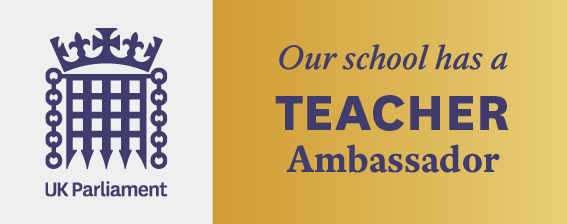
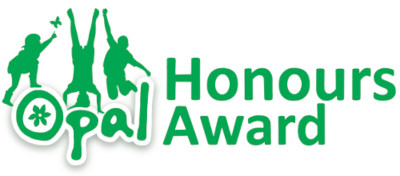
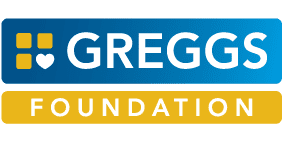
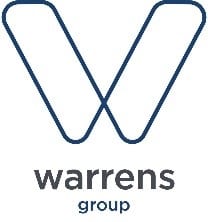

![Music-Mark-logo-school-right-[RGB]](https://eshwinning.durham.sch.uk/wp-content/uploads/2021/05/Music-Mark-logo-school-right-RGB-1.png)
